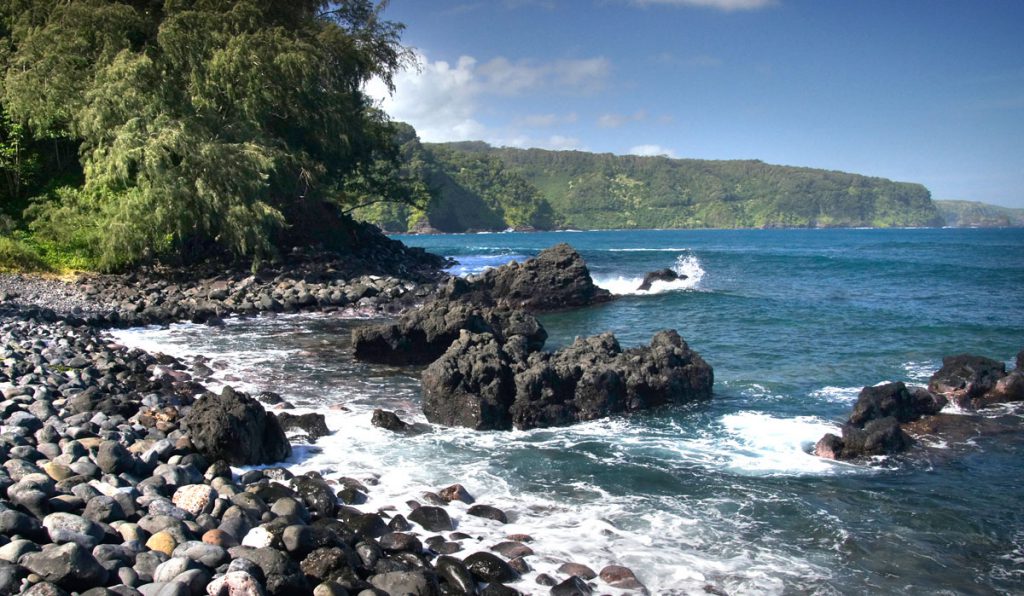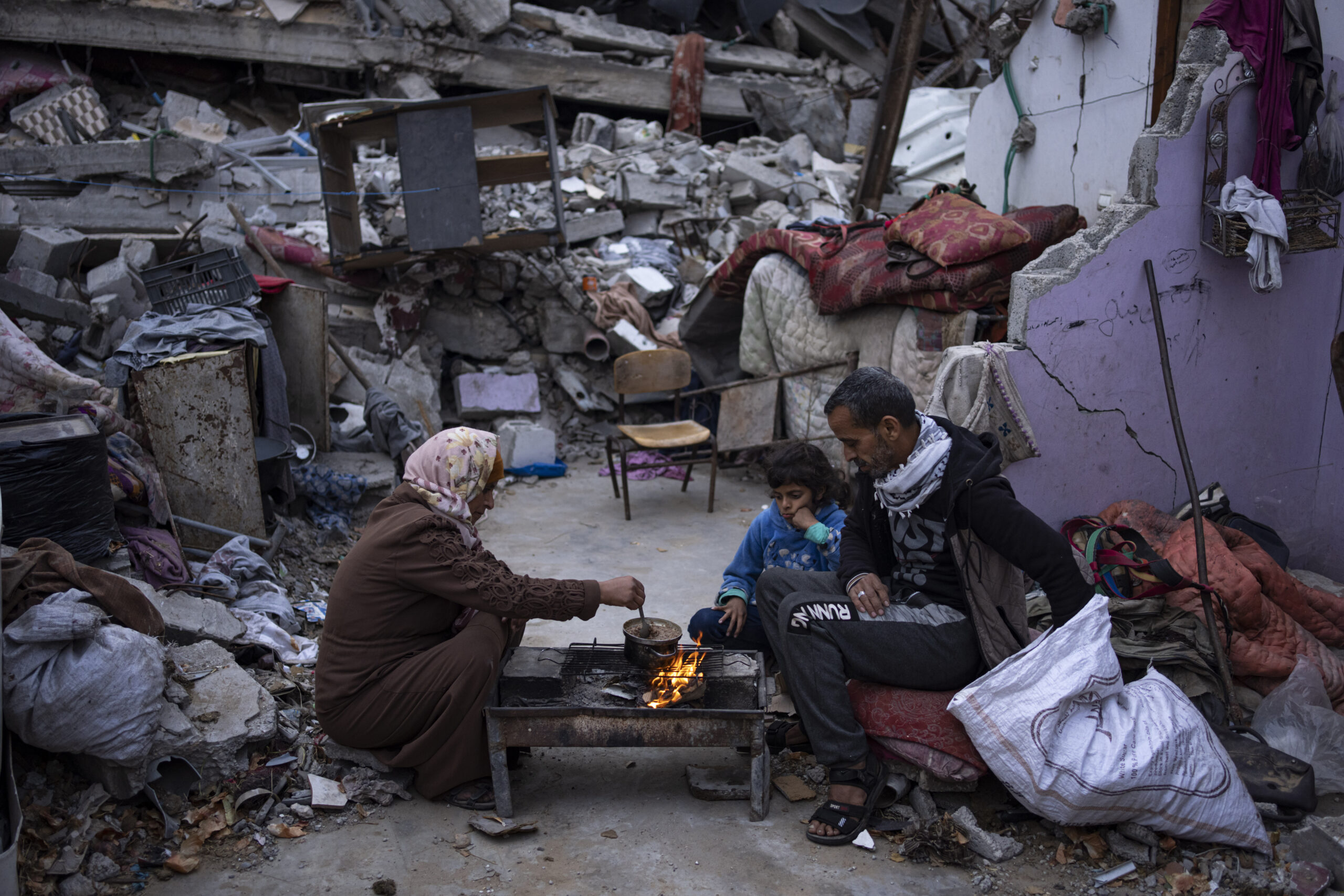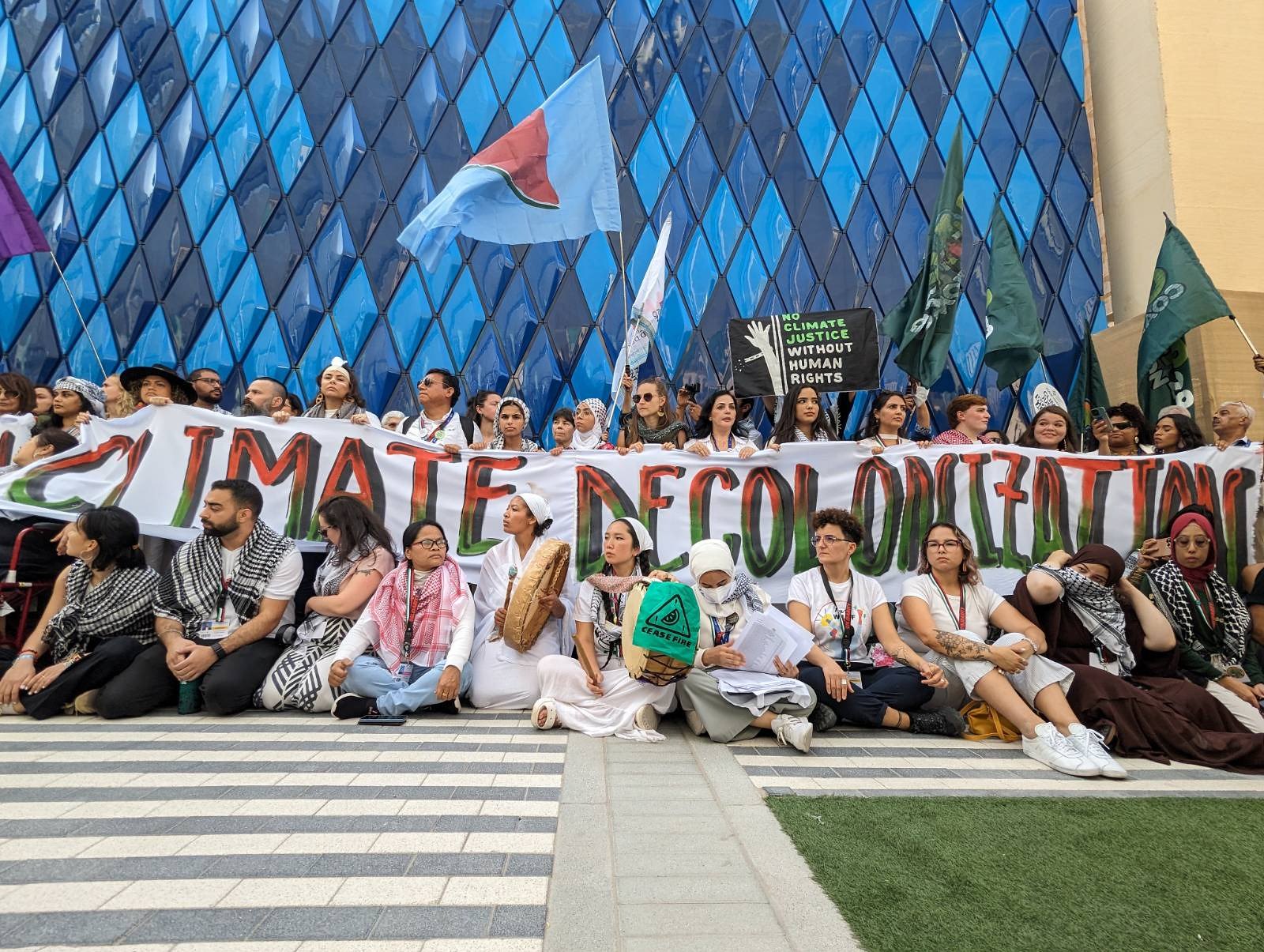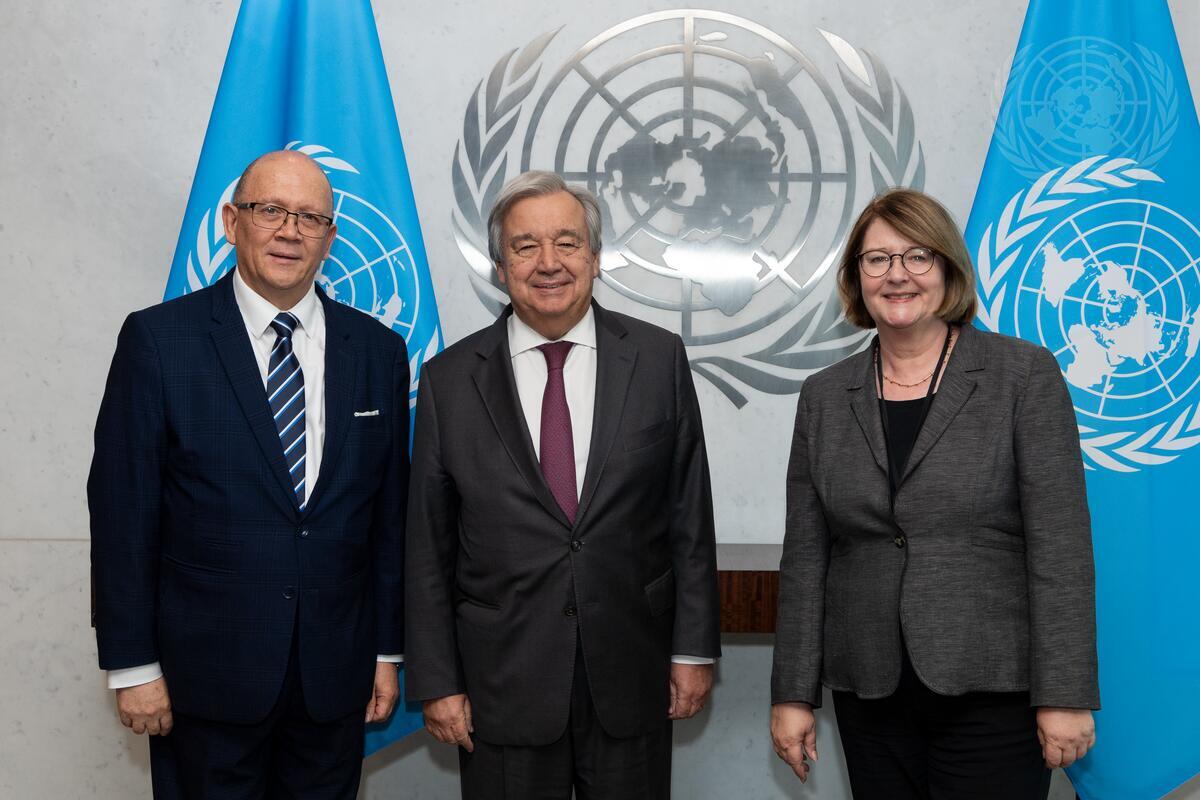
Quarantine, family separation, and mass death from infectious diseases introduced by foreigners are not novel experiences in Hawaii. This is most true among Native Hawaiians, the indigenous people of Hawaii, who have been impacted by pandemics in uniquely devastating ways past and present, including by COVID-19. The risk of COVID-19 infection is greater for Native Hawaiian and immigrant women due to their confinement in overactive sectors of the economy during the crisis. On one hand, women are overrepresented among frontline essential workers in all societies infected with patriarchy. And, on the other, women are seeing the majority of job losses, which were already low paying. Some 85% of Hawaii residents living paycheck-to-paycheck before COVID-19 were women.
Systemic sexism and racism leaves women in Hawaii poorly equipped to survive the recession brought on, in large part, by COVID-19. Women’s current situation would likely have been unthinkable to women in Hawaii just three or four generations ago. Women were among the great rulers of pre-colonial Hawaii and were not considered categorically lower than men as a group. Immediately prior to the American-backed coup, Hawaii was helmed by a woman, and Hui Aloha ‘Aina o Na Wahine, an 11,000 member strong women’s political association, was instrumental to the Queen’s efforts against the illegal overthrow of the independent nation-state. With American colonization, women lost respect and power as a group. As a result, they are the worst impacted by the COVID-19 sequelae.
Positively and powerfully, memories of women’s recent freedom were passed down to women organizing in today’s Hawaii. These feminist memories provided the foundation for Building Bridges Not Standing on Backs: A Feminist Economic Recovery Plan for COVID-19, the first government proposal in the United States to explicitly counteract systemic sexism. Women’s history shows that the future articulated in the feminist economic recovery plan is realistic and possible. If it already existed, then it cannot be utopian.
The feminist economic recovery plan was organized by the Hawaii State Commission on the Status of Women, a statewide government agency that bears distinction as the first women’s commission in the United States. At the immediate outset of the pandemic, the Commission convened a special taskforce of women activists, social service providers, grassroots organizers, academics, and government workers committed to feminist principles as defined by women representing the disempowered billions. The taskforce, dubbed the Feminist COVID-19 Response Team, initially began work to monitor and address the ground-level impact of COVID-19 on women throughout the archipelago, with special attention to high risk groups such as incarcerated, sexually exploited, indigenous, and undocumented women. The plan was written in a collaborative process by this group.
Hawaii’s feminist economic recovery plan is geared toward women’s liberation, which is to say highly critical of capitalism, white supremacy, and systemic sexism. This is a proposal that breaks with past focuses on inclusion and equality with men within capitalism. There are several elements of the plan that could be, should be, and, in some instances, have already been adopted by other states, including scaling up the safety net and combatting pay cuts for government workers, which are both irrational macroeconomic policy. A second key element is the achievement of full economic self-sufficiency for women regardless of employment status. To achieve this, the plan advocates for universal basic income and a minimum wage set at the income level needed for a single mother to meet survival needs.
Unique to the Hawaii context, the feminist plan calls for the reorientation of Hawaii’s economy from its tourism trap, where the jobs are low paying and the needs of tourists supersede local residents. Hawaii is also overly dependent on war and U.S. foreign policy strategy of military dominance abroad for local jobs and public funding. To transition, the plan proposes a build-up of child, elder and maternal care infrastructures that are public, universal and free. The plan also urges job programs that are carefully structured to promote women’s participation. Many sectors eyed for stimulus in Hawaii are traditionally male and have barriers to women’s participation. The plan also urges food security through sustainable, Hawaiian-based agriculture.
The feminist recovery plans also focuses on repair and healing of indigenous communities. The plan calls for 20% of federal recovery monies to be apportioned to Native Hawaiians for their own decision-making. A final key element is safety for women, femme-identified, and non-binary people through a development of an anti-violence system that eschews police and mass incarceration. Transformative justice depends on a new system of accountability.
COVID-19 presents a challenge to the mainstream, white-led feminist movement and an opportunity for the transnational feminist movement. Amid mass employment and increasing automation, the mainstream feminist strategy of work and labor rights as the primary path to women’s liberation is more futile than ever. The crisis exposes the need for spaces for visionary transnational feminism thinking and action in government, civil society and activism. The feminist economic recovery plan to COVID-19 represents a model for this new movement led by Native values.
The feminist economic recovery plan is in motion at different levels of Hawaii government. The County Council of Maui is introducing legislation on June 19 committing to the feminist economic recovery and urging the mayor to make a similar commitment. The State Legislature will resume on June 22 to decide on funding allocation for needs articulated by the feminist economic recovery plan, such as a 20% pro rata share of federal relief funds for Native Hawaiians. The Department of Labor and Industrial Relations and the Commission on the Status of Women are launching a program to ensure women have active support and equal access to construction, trades, and renewable energy sectors targeted for stimulus. Outside of Hawaii, other U.S. states such as Louisiana and Iowa have contacted the Commission with plans to replicate the process. International governmental and nongovernmental organizations have been contacting the Hawaii Commission on the Status of Women on a daily basis. The response has been overwhelming and is shaping into a global movement to reassert feminist visions for a radical return to a women-centered world.
Khara Jabola-Carolus is the Executive Director of the Hawaii State Commission on the Status of Women.



